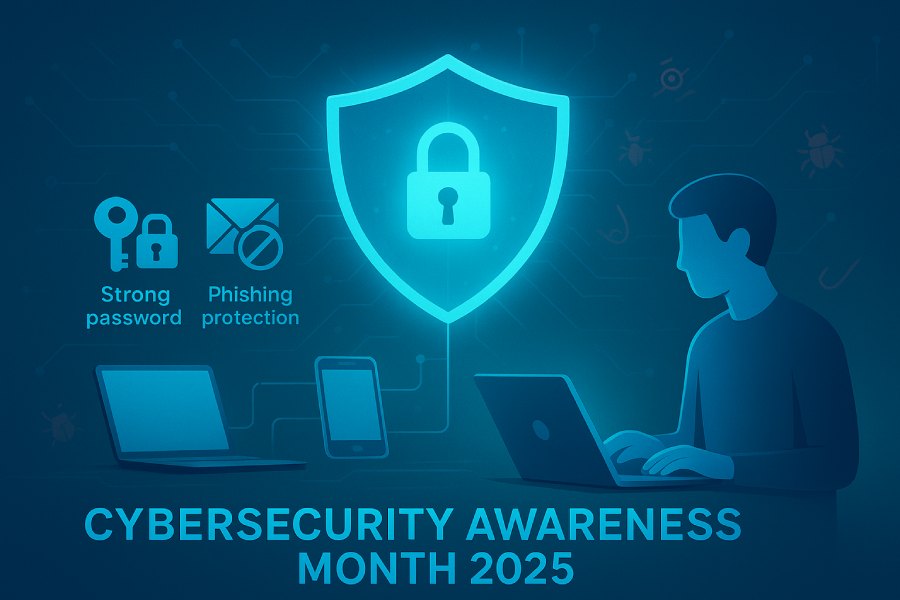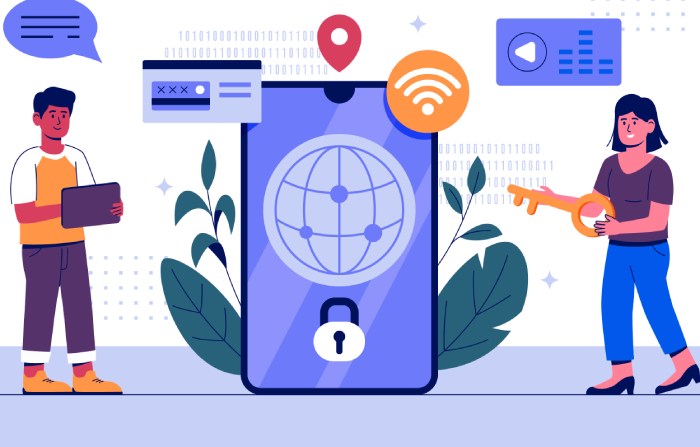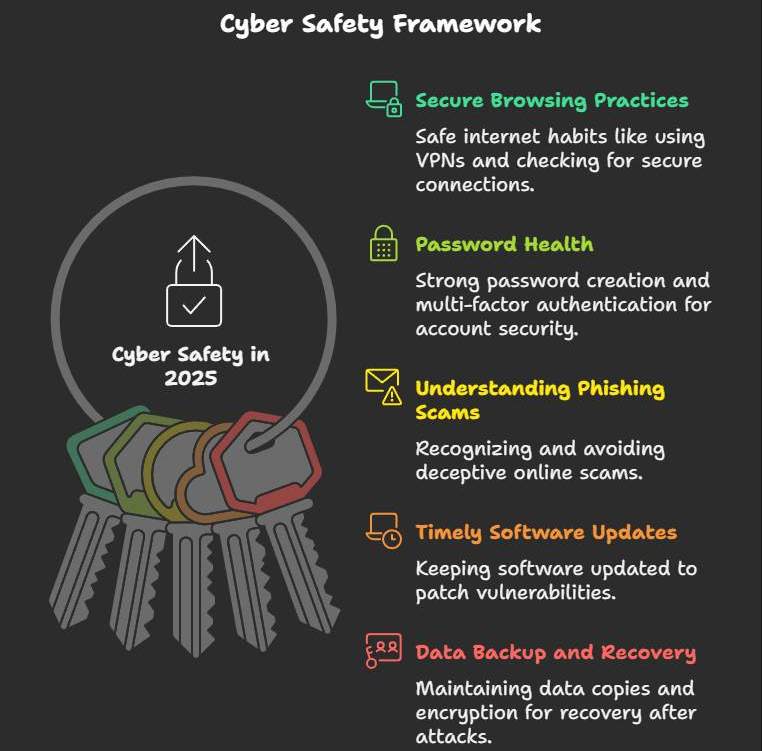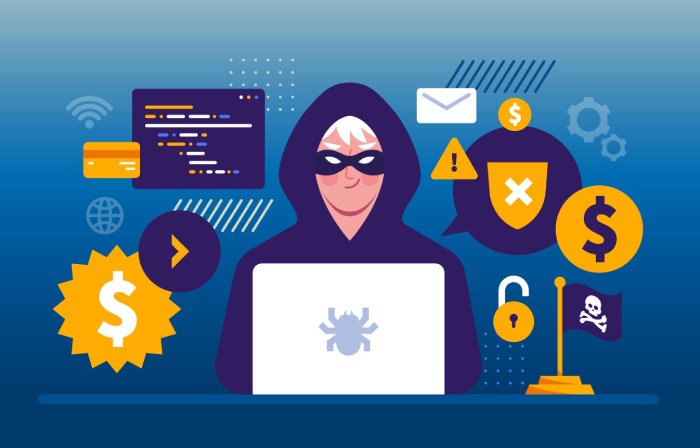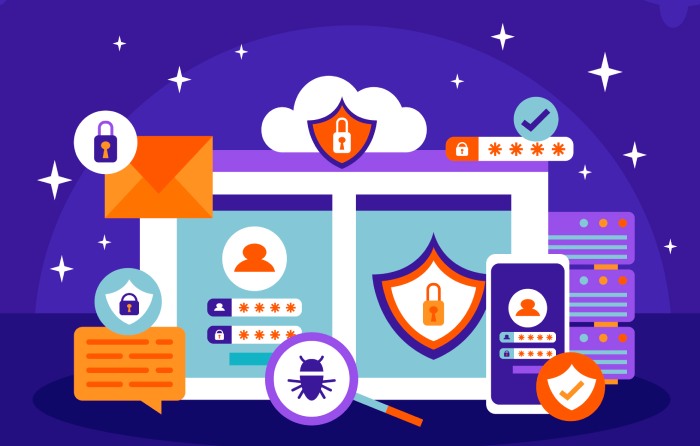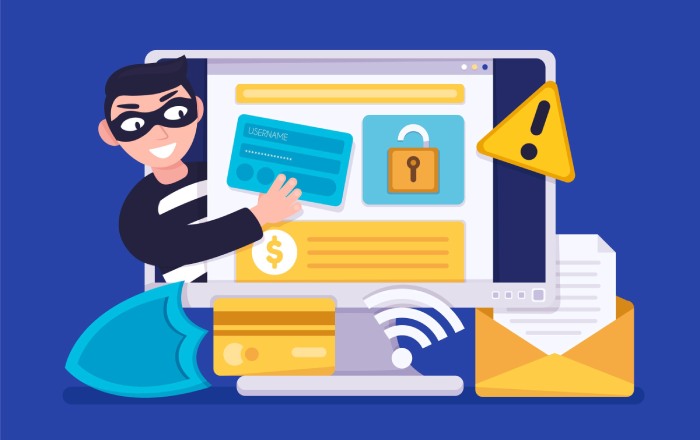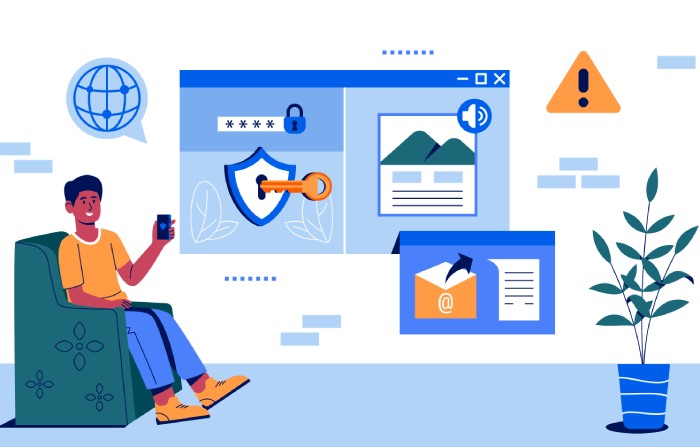Cybersecurity Awareness Month: How To Stay Safe Online In 2025!
It is finally October, the time when the entire world comes together to discuss a topic that is quietly affecting our everyday lives—Cybersecurity Awareness. CISA (Cybersecurity and Infrastructure Security Agency) and NCSA (National Cyber Security Alliance) launched this initiative together. Cybersecurity awareness month is celebrated in October every year, as it reminds us of the staggering truth that staying safe online starts with us!
We are living in a time where everything, from relationships to finance, is managed digitally. So this Cybersecurity Awareness Month 2025, let’s discuss something that can actually create a difference in the cybersecurity landscape– practising cyber hygiene.
What is cyber hygiene?
Cyber hygiene is just like brushing your teeth. You need to practice these habits daily, or otherwise, cybercrooks, just like germs in your teeth, will destroy your digital life. Cyber hygiene includes small but impactful, consistent, and actionable steps that help safeguard your devices, data, and identity.
Key pillars of cyber safety in 2025!
Here are the key pillars of cyber safety you must know about:
Secure browsing practices
Internet surfing can be extremely dangerous if you don’t stick to safe browsing habits. Next time you want to use a public Wi-fi network, don’t forget to use a VPN. Also, clearing your cookies and browsing cache is a smart trick to safeguard your privacy. Lastly, before entering your credentials, always check the HTTP lock icon on the top left.
Password health
It’s 2025, and using passwords such as “Tony123” should be illegal! Next time you create a password for any of your accounts, mix numbers, symbols, and letters. There should be different passwords for different accounts. Also, using MFA or Multi-Factor Authentication is non-negotiable.
Understanding phishing scams
With easy accessibility to AI and a minimal learning curve, scammers have started leveraging sophisticated phishing scams to target innocent users. From deepfake voices, cloned websites, to AI-generated flawless social engineering messages, as an aware user, you must be able to identify phishing scams and ensure proper phishing protection.
Do not share sensitive personal details over text messages, phone calls, or emails. Avoid clicking on links in emails or text messages. Always check the sender’s email address. Most importantly, trust your instincts.
Timely software updates
“Remind me later” is the last thing you want to click when it comes to software updates. Software updates should be taken seriously as they often consist of security patches to fix any kind of vulnerabilities.
Enabling auto updates is also a smart move to keep your device and data protected. Make sure you update your antivirus software and browser extensions, too.
Data backup and recovery
Cybercriminals are getting smarter, one attack at a time. Breaches, therefore, cannot be 100% prevented. In case a cyberattack takes place, you must follow the 3-2-1 data backup rule. Always maintain 3 copies of your data. Make sure you store them on 2 different devices. The remaining 1 copy should be stored off-site or on the cloud.
Encrypting sensitive data is also a sensible tactic.
Blending cyber safety in everyday life
Here’s how you can protect your data and peace of mind from cyber mishaps in everyday life:
Online shopping
Shop only from trusted brands and e-commerce platforms. Avoid deals that look too good to be true. Be extra careful while shopping online around the festive times, as scammers use high-end cyberattacks to target buyers who are generally in a relaxed and jolly state of mind.
Social media
Keep your profiles private. Never click on unknown DMs and links. Do not download images or videos sent by an unknown sender. Avoid oversharing personal details, pictures, and locations on social media.
Cyber safety for students
Parental control is advisable if the students are below the age of 18. Also, Apps should be downloaded only from the Google Play Store or the App Store. Students must also avoid sharing their login credentials with others.
Practicing cyber hygiene in organizations
This is how business enterprises should safeguard their precious data:
Limited access
Grant access to critical business data only to employees who truly need it. Unnecessary access to every team member heightens the risk of cyberattack.
Cybersecurity training
Regular cybersecurity training can be a great way to walk your employees through safety protocols against cyber incidents such as phishing, spoofing, ransomware attacks, and so on.
Investment in a cybersecurity mechanism
In order to secure your business, it is important to invest in quality cybersecurity tools such as antivirus systems, firewalls, and backup systems.
Conclusion
The aim of Cybersecurity Awareness Month is not to create panic and fear. Rather, it is about empowerment and education. This October, let’s take small but steady steps towards safeguarding the digital presence of our loved ones. The sooner we take responsibility for our digital actions, the safer the internet gets— for us and for everyone else connected to us.
Be cyber smart. Stay safe!

